Church Project started in 2010 as a “Church of House Churches”. What began with 40 people and two House Churches has turned into a movement of thousands of people, in many House Churches locally. And, many other Church Projects that have been planted regionally, nationally, and globally.
Church Project began as a pursuit to return to what Jesus originally intended for the church to be. A deep study of the church biblically, historically, and globally revealed what I defined as “eDNA – Ecclesiological DNA”. This DNA of the structure of the church was given early, and should be applied to all people, in all places, at all times.
The elements of this eDNA are:
- Decentralized from Primary Place and Priest
- Distributed Pastoral Leadership
- Diverse Discipleship Communities gathered geographically
I write more about this in my article, “eDNA – Ecclesiological DNA”, and in my book, “A Church of House Churches.”
Theology of Space…
A theology of space is crucial for this Decentralization, Distribution of pastoral leadership, and radical generosity fueled by mortgage neutrality.
The apostle Paul was fully engaged in the theology of sacred space- until Paul became a follower of Jesus. Paul formerly practiced the Old Testament theology of a sacred space. The idea that God created a special place- the Temple; or, special places-synagogues, where sacred things happened.
Along with the idea of “Sacred Place” is the held doctrine of“Sacred People”. That certain people are elevated and separated to perform the sacred duties. Come to this sacred place, and these sacred people, will take care of the sacred for you here.
The Old Testament system of worship and sacrament revolved around the sacred place of the temple or synagogue, with the sacred priests, where sacred things took place led by sacred people.
Then, the apostle Paul began following Jesus, walking in the Spirit, and writing new Scripture teaching a new way in the new covenant. This new covenant in Christ included different ideas that were new to Paul, namely, the priesthood of every believer,and the body as the temple of the Holy Spirit.
An Old Testament theology of space leads to the belief and practice that sacred things happen in the sacred place (temple or synagogue) by the sacred people (the priests). The New Testament theology of space says that sacred things can happen in any place (body as temple of Holy Spirit) administered by any people (priesthood of the believer).
Space is not sacred, but sacred things happen in space.
“Space is not Sacred, but Sacred things happen in Space” is a phrase coined at Church Project to help bring clarification to a proper theology of space. Sacred things do of course still occur. But, these sacred happenings are not confined to certain places and people.
If space is sacred, it must be dedicated and protected. Nothing else should happen in that space, because this is sacred space. We’ll keep this for our church use for church things.
Or, if space is not sacred but sacred things happen in space, more than just the sacred things can happen in that space. Space can be shared, and stewarded.
Because space is not sacred, space can be Shared, and Stewarded. Space can be (and should), and in our case is, shared with many ministries in our city who need space for events, training, etc. Gospel centered ministries need occasional use of space for training, gathering, meetings, and other functions. The space that is used for the sacred on Sundays can be shared with ministries in the city throughout the week.
In addition to sharing general space with ministries, Church Project has also dedicated significant space to full time use for other purposes. A large space has been devoted to a community clinic, led by medical professionals from our church and our community. And, another large space is devoted as a co-working space for Ministry Partners, with 24/7 access for officing, training spaces, collaborative meeting rooms, conference rooms, a lounge, etc.
And, because space is not sacred, space can be stewarded. Space can be used to offset expenses, so that more financial resources can be directed to gospel centered ministries and church plants, that do good and share the gospel.
Church Project operates with mortgage neutrality. We are able to do sacred things in space, share space for the city, but also to steward the space by renting out to organizations, schools, businesses, events, etc. in ways that don’t compromise our primary use of space, but capture resources. Our monthly mortgages are covered by rentals and events.
In order to steward space, the space that is used for sacred must also be designed in such a way that other organizations, businesses, schools, etc. want to use the space. This design prohibits overtly sacred or spiritual things being visible. (Noah’s ark on the wall will prohibit a company from renting your building for their business conference…) But, a church can do some light set up- in their own space- for the sacred things that happen on the weekends, and tear down these things to return to a neutral palate that will be used by many in the community throughout the week.
Churches have been operating daycares, schools, Mother’s Day Out, etc. for many years. This idea is an expansion of the former, but with deeper considerations of design, and wider opportunity for invitation of use.
Simplicity for the sake of generosity.
Additionally, Church Project operates with “Simplicity for the Sake of Generosity.” Because all House Church Pastors are not paid for pastoring their House Churches, and the front lines of pastoring is happening through House Church Pastors, less paid staff are required. And because space can be mortgage neutral as a result of a proper theology of space, less money is spent on buildings. And, because Jesus operated with simplicity throughout His ministry, less money can be spent on unnecessary approaches to our ministries.
The result is the opportunity to be radically generous. Less money on less eternal things allows resources to be directed toward things that share the gospel and do the good works that Jesus has called His church to do.
Church Project has directed over $12 million to date (over $16.5 million by 2024) toward ministries and church plants outside of the operational walls of our church. We’re able to plant churches, and partner with organizations that feed the hungry, give water to the thirsty, care for the orphan and widow and oppressed, and beyond.
This eDNA is self-sustaining, simple, and effective. Jesus said He would build His church, and His building plans are enduring across all people, in all places, for all times. Enjoy!
Get back to God’s original design for pastoring His church.
Let’s begin by rethinking and returning.
A biblically articulated and applied ecclesiology is happening in churches at a growing rate. Together we are walking out leading in Jesus’ plans for His church, and encouraging each other along the way.
Daily Audio Devotionals: startwith7.com
Leadership Conversations Podcast: rethinkandreturnpodcast.com
Conversations Toward Salvation: goodgodgospel.com
Church Project: churchproject.org
Jason Shepperd: jasonshepperd.com




